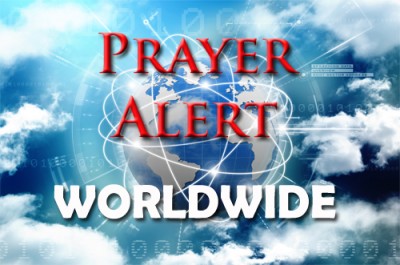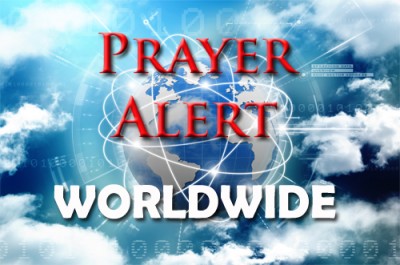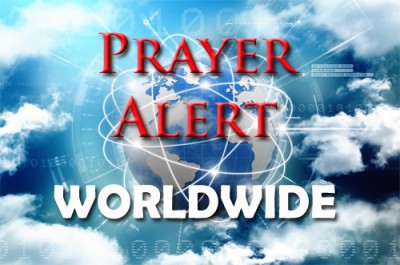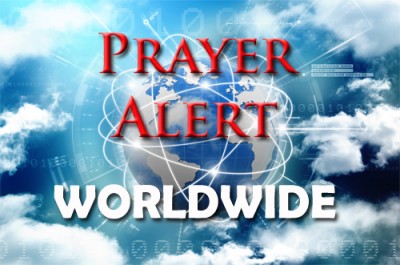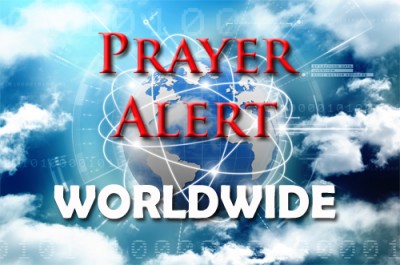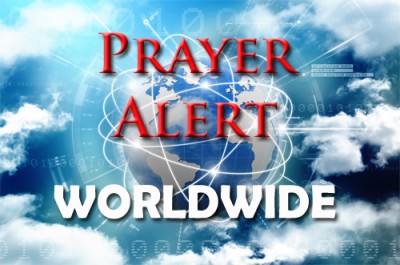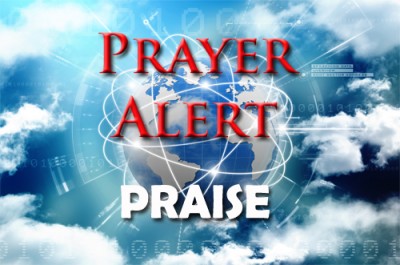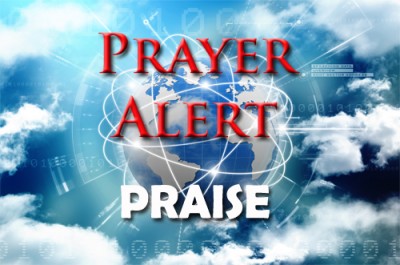Philippines: gospel in the midst of obstacles
15 Oct 2020Local missionaries are finding ways to expand God’s kingdom on Mindanao island by holding Bible studies and church services in areas so remote it requires three hours through rough terrain to reach by motorcycle, and five hours during the rainy season. Although the island is untouched by coronavirus it is a nest for communist rebels, the New People’s Army, and the Islamic extremist Abu Sayyaf Group. Terrorism is rampant. The armed wing of the Communist Party has waged a protracted guerrilla war against the government since 1969. The government, USA, and EU have designated it as a terrorist organisation. Where the pandemic has reached and lockdowns are in effect, missionaries are using Zoom, Facebook messaging and other internet means for regular fellowship, prayer meetings and Bible studies. Filipinos sharing the Good News of Jesus need our prayers as they face Islam and Communism.
Sudan: starvation is a war weapon
15 Oct 2020Starvation is being intentionally used as a war tactic in South Sudan’s brutal conflict, a UN-backed human rights panel report stated. South Sudan gained independence in 2011 but descended into conflict 2½ years later, following tensions between President Salva Kiir and his deputy. Most South Sudanese are Christian, whereas the majority in Sudan belong to the Sunni branch of Islam. Religion deeply influences governance and daily life, playing a dominant role in the nation's politics. The brutal fighting has caused incalculable suffering to civilians, and resulted in staggering levels of acute food insecurity and malnutrition. 7.5 million South Sudanese, in several areas, currently require humanitarian assistance. Both governments and opposition forces have deliberately used the starvation of civilians as a method of warfare in these areas, sometimes as an instrument to punish non-aligning communities, as in the case of Jonglei.
Chad: Christians on the brink
15 Oct 2020There is ‘a serious threat to the survival of the Christian faith in Chad,’ says Rev Clément Hlama. Islam dominates Chadian society, and discrimination against Christians is normal. Poor and uneducated Christians are vulnerable to exploitation and are the most severely affected by 2020’s multiple disasters. Flooding affected 400,000 people. Christians in rural areas lost homes and harvests. Covid-19 lockdown damaged small businesses and prevented farmers travelling to their fields. Food prices shot up, causing malnutrition to escalate. Measles and meningitis outbreaks earlier this year are in decline, but the viral disease chikungunya and a type of vaccine-derived polio is continuing to spread. Cholera is endemic in parts of the south. This would be bad enough for any country, but Chad’s frail health resources cannot begin to cope. Islamic charities are active amongst the Christians, Islamising them through offers of aid.
Latin American churches have played a key role in helping those affected by coronavirus. Their role goes beyond running food and medicine banks. ‘It’s a case of being there for people and keeping in contact, without a religious agenda. Sometimes all you can do is hold somebody's hand in the dark.’ The Most Rev Gregory Venables said: ‘Pray that we will have wisdom in accompanying people through the next weeks and months. Because it's not going to go away quickly, we've got to act wisely.’ This area has five out of the ten countries globally with most coronavirus cases. There's illness and insecurity. Most Latin American countries are economically bankrupt. People live hand to mouth; they have nothing. The situation is very desperate. Some of the longest lockdowns in the world and strict rules don’t seem to have stopped the spread.
CSW has called on China to release Christian human rights defender and former lawyer Zhang Zhan, who is on a hunger strike, causing fears for her health, after 150 days in detention. She posted videos and articles from Wuhan about the Covid-19 outbreak. Social media platforms are blocked in China. She questioned whether the authorities' response to the epidemic infringed on human rights, and asked if the severity of the outbreak had been covered up. She was deeply concerned about the voiceless Wuhan citizens who face destitution after losing livelihoods. She is accused of ‘picking quarrels and provoking trouble’ and refuses to plead guilty. Zhang’s lawyer met her for the first time in detention on 18 September and reported she was still on a hunger strike and had lost weight. Detention staff are force-feeding her as she refuses to eat or drink anything.
Senegal: pilgrimage goes on despite pandemic
15 Oct 2020On 5-6 October pilgrims from across Senegal flocked to the holy city of Touba, where they slept, ate and prayed together for the Magal religious festival, lasting about a week. Despite coronavirus, roads to Touba were congested. Buses packed with pilgrims inched along and tollbooth attendants greeted people with ungloved hands held out for change. It was one of the biggest events to be held anywhere in the world since the start of the pandemic. Up to five million came after the leader of the Mourides, the Muslim sect that organises the event, issued a call for pilgrims to come despite the pandemic. The Magal’s emphasis is on community and hospitality. Pilgrims don’t book hotel rooms. Touba’s residents open up their homes and travellers bed down, many in each room. Lunch and dinner, in the Senegalese tradition, are usually eaten off a communal plate.
Women leading fastest-growing church
08 Oct 2020‘The fastest-growing church in the world has taken root in one of the most unexpected and radicalised nations on earth,’ according to Sheep Among Wolves, a two-hour documentary about Iran’s revival that is reproducing discipleship movements that own no property or buildings, have no central leadership, and are predominantly led by women. Many of the ruling class still follow Islam, ‘because that’s where the high paying jobs are’, according to the film; but the majority of the ordinary people love God and recognise that Islam is the problem. The most powerful Christian leaders are very gentle, courageous women going out on the highways and byways sharing with prostitutes, drug addicts and everybody they come into contact with. Praise God for the abundance of Bibles in Farsi being distributed, and pray for those still translating His word into various Persian ethnic languages.
Surgeon general finds strength in God
08 Oct 2020Dr Jerome Adams grew up poor in rural Maryland on a family farm. Government assistance sustained the family. His mother recently had a major stroke. His brother struggles with substance abuse. All four grandparents died prematurely of chronic disease. An uncomfortable childhood prepared him for an ‘uncomfortable’ tenure as US surgeon general. He said, ‘I’m a Christian and I believe God doesn’t put you where you’ll be comfortable, He puts you where He needs you.’ He has been criticised for recommending the use of masks and for working with a president who some believe is ‘insensitive to people of colour’, saying, ‘Our issues as people of colour are too important to go four years without representation in the highest levels of government. I personally have faith that I am put where I am most needed. I spent my life fighting and will keep fighting for the poor, the disadvantaged, the people of colour.’
